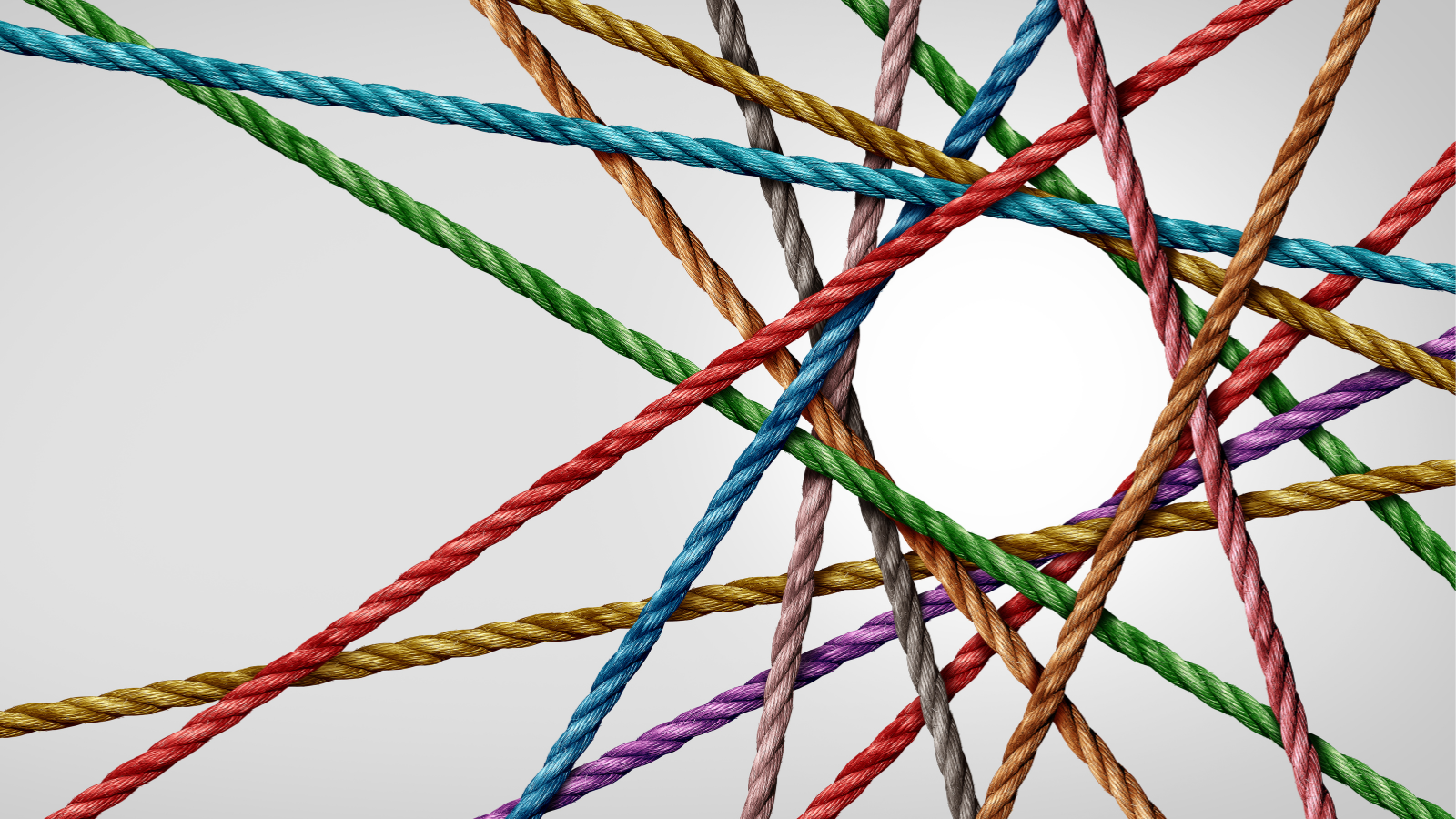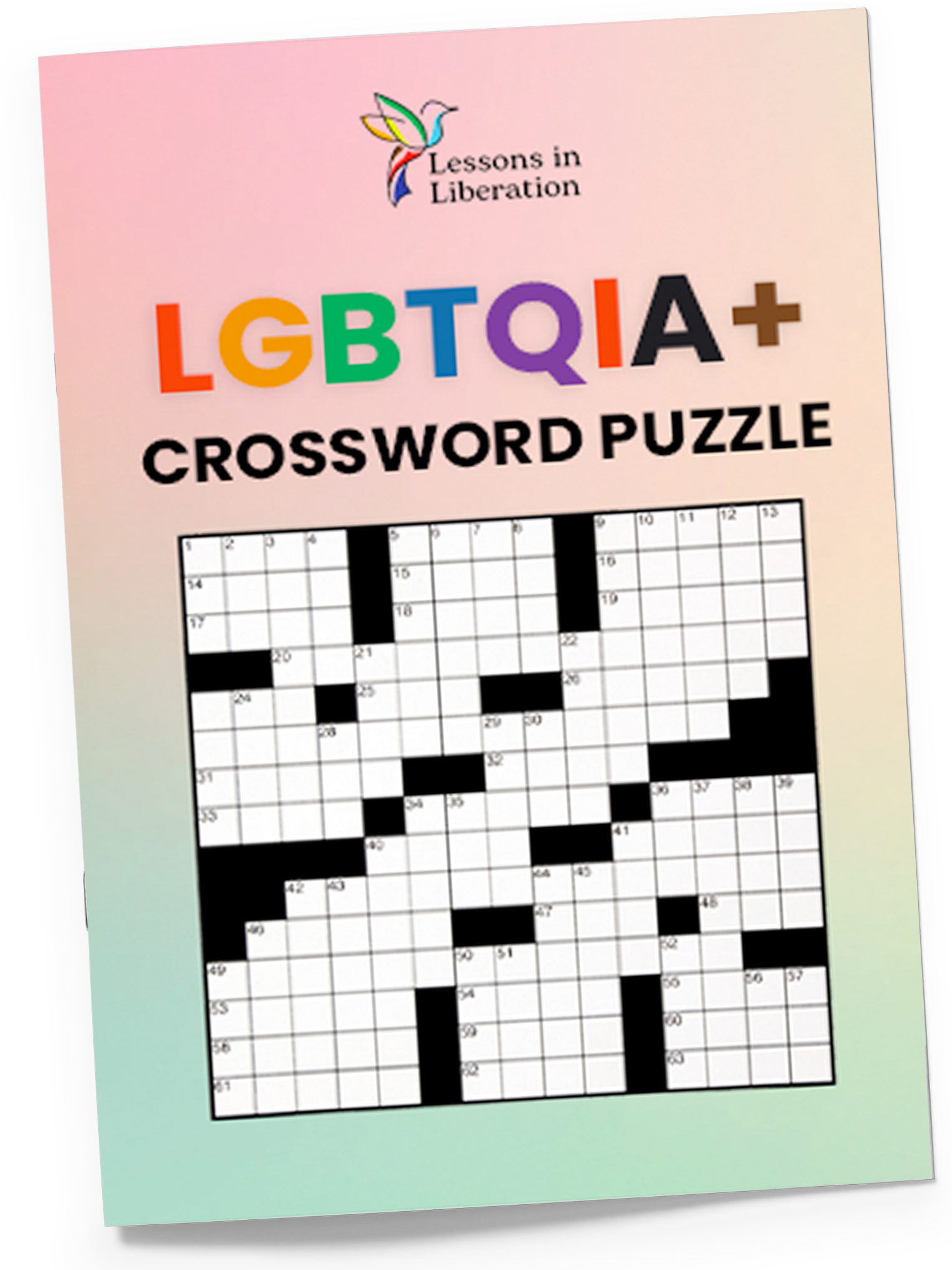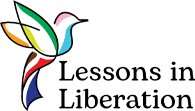
The Power of Intersectional Learning
In the tapestry of identities that make up the rich fabric of humanity, I stand proudly as a Fat, Black, Queer Woman. If one of these descriptors made you uncomfortable, great! How can we use that initial feeling to reflect on our own unconscious bias? Let’s turn discomfort into a catalyst for growth. Right here, right now, there’s a lesson unfolding – and in that lesson lies the key to unlocking not just our minds, but our world. I am on a mission to revolutionize learning spaces, utilizing my unique intersectional experiences to uplift queer and marginalized voices while challenging systems of oppression.
What is Intersectionality?
Intersectionality, a concept coined by Kimberlé Crenshaw, serves as a powerful lens to understand the intricate web of privileges and oppressions that individuals face based on their diverse identities. It recognizes that people often belong to multiple minority and dominant groups, and the interplay of these identities creates unique challenges that conventional thinking might not fully comprehend. It’s not just about recognizing that someone can be Black, Queer, or a Woman independently; rather, it’s the acknowledgment that these identities intersect and compound, creating unique challenges that are often overlooked by traditional ways of thinking.
Intersectionality goes beyond the visible markers of identity, delving into the less apparent aspects that shape our experiences. Take the example of a Queer individual with a disability. Their intersectional experience involves not only navigating societal norms around sexuality but also contending with physical or cognitive challenges, compounding the layers of prejudice they encounter.
In my personal journey, the intersection of my identities amplifies shared traumas and experiences. The weight of these compounding oppressions can be crushing. I vividly recall a particular year when all these burdens seemed to converge, especially after the shootings at Planned Parenthood – the realization hit me: as a woman, I could have been there; following the tragic shooting at another African American church – I thought I could have been there too; and then the heartbreaking attack on an LGBTQIA+ club – once again, I thought I could have been there. Faced with intense feelings of hopelessness, my only solace was found in turning to my community and in teaching. I taught about intersectional identities so that the youth and the next generation will not perceive our diverse identities as sources of hate and violence but, rather, as reasons to embrace and celebrate our differences.
Why Intersectionality Matters in Schools
In today’s world, marked by rising hate crimes, legislative constraints on Black History curricula, and threats to bodily autonomy, the challenges are deeply intersectional. Our response must be too. Educators find themselves at a crossroads, balancing the urgent need for action with the demands of meeting state standards. Recognizing and addressing these intersections in education is not merely a pedagogical choice; it stands as a moral imperative.
A 2022 survey by GLSEN revealed stark statistics: only 54% of middle schoolers and 46% of high schoolers perceive their studies as relevant to their life experiences. Shockingly, 90% of LGBTQ+ students reported hearing homophobic phrases and hate speech in school, with a disheartening 10% response rate from school staff when homophobic remarks are overheard. These figures underscore the urgency of embracing intersectionality in education, emphasizing that it is not just an educational strategy but a moral obligation to create inclusive and affirming learning environments.
Facilitators and youth educators grapple with the complexities of addressing issues affecting queer and marginalized identities. They face uncertainty, a lack of resources, and insufficient training. Lessons-in-Liberation™ steps into this gap, providing facilitators with the tools they need to cultivate a community of learners that not only acknowledges but celebrates diverse identities and experiences.
The Gap Between Awareness and Action
While the motivation to take action is evident, there is a lack of leaders equipped to cultivate a culture of activists and advocates. A gap exists between the awareness of the problem and having the tools, time, and knowledge needed to address it. Facilitators struggle to find the time and resources to responsibly teach about queer intersectionality, often resorting to a do-it-yourself approach that is detrimental to both educators and learners.
At Lessons-in-Liberation™, we know that Liberation Begins with Learning. Developing social justice lessons is an advanced skill that, if done incorrectly, can reinforce bias and perpetuate inequities. Recognizing this, Lessons-in-Liberation™ developed an all-inclusive curriculum that empowers learners to become advocates for positive social change. We emphasize personal growth and self-reflection for facilitators, fostering a community that embraces, uplifts, and celebrates marginalized identities.
A Groundbreaking Queer Intersectional Curriculum
Our commitment to intersectionality led to the creation of our groundbreaking “Queer & Everywhere” curriculum series. In this series, youth develop an unwavering understanding that LGBTQIA2S+ identities have always existed across all identities and time periods- past, present, and future. Our modules serve as a testament to the interconnectedness of queer identities with other marginalized experiences. Stay tuned for our upcoming series:
– Queer & Ethnicity
– Queer & Religion
– Queer & Disability
– Queer & Health
– Queer & Pop Culture
Join us on this transformative journey as we redefine education, one intersectional lesson at a time. Together, we can build a future where every identity is not just acknowledged but celebrated. Follow us for updates or schedule your complimentary discovery call today to take the first step in joining this liberating educational revolution!

Engage learners with this complimentary hands-on activity –
download it for free here!
Engage learners with this complimentary hands-on activity – download it for free here!
